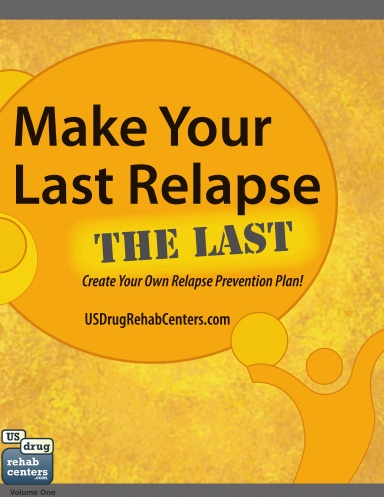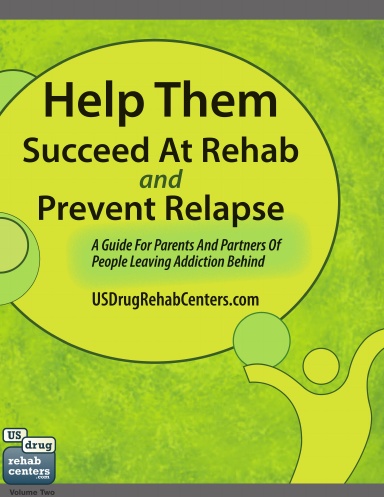Lesson 5: How We Think Impacts How We Act - Slide 34





Where Can You Find The Original Research?
- References for this presentation:
- G.A. Marlatt, “Relapse Prevention: Theoretical Rationale and Overview of the Model,” in Marlatt and Gordon, eds., Relapse Prevention, p. 39.
- Pg. Xxxi, xxxvi, 121, “The Feeling Good Handbook,” David D. Burns, M.D. Plume, Published by The Penguin Group, New York, 1999
- Pg. 29-30, 48, 87, 127, “Feeling Good, The New Mood Therapy,” David D. Burns, M.D., Harper Collins Publishers, New York, 1999
- Pg. 78-79, “Relapse Prevention, Maintenance Strategies In The Treatment Of Addictive Behaviors, Second Edition,” Edited by Marlatt, G. Alan & Donovan, Dennis M., The Guilford Press, New York, 2005.
- Pg. 197-200, Doidge, Norman, 2007, “The Brain That Changes Itself,” Penguin Books, New York
Medical Disclaimer
Certain sections of this website deal with health and medical-related issues. The information provided on relapsepreventionplan.net is for informational purposes only; it does not constitute the provision or practice of medicl, nursing, or professional health care advice or services. Nothing contained on relapsepreventionplan.net is intended to be used for medical diagnosis or treatment, or as a substitute for consultation with a qualified health care professional. You should consult your physician or other qualified health care provider regarding any specific questions you my have. You should never disregard professional advice or delay in seeking treatment based on the information contain on this site or other websites linked to or from it.






